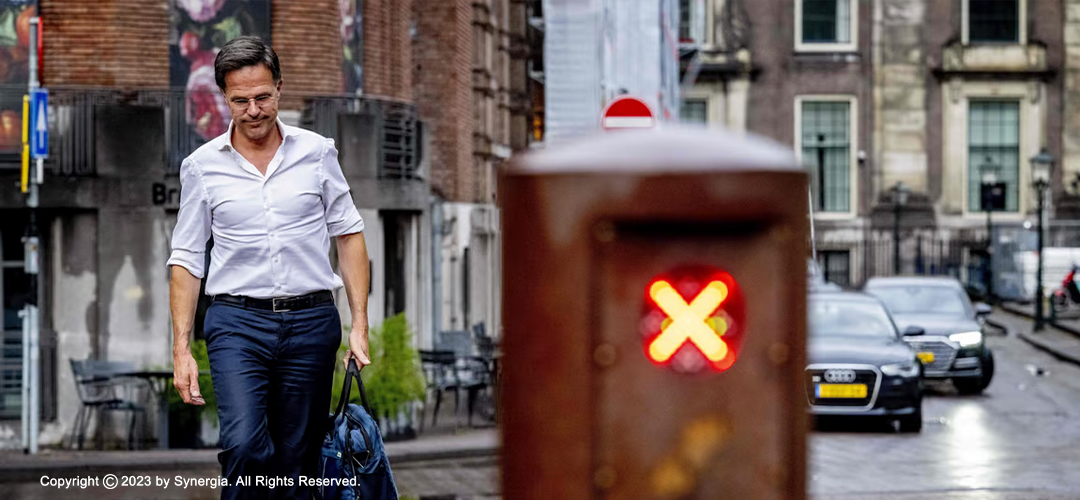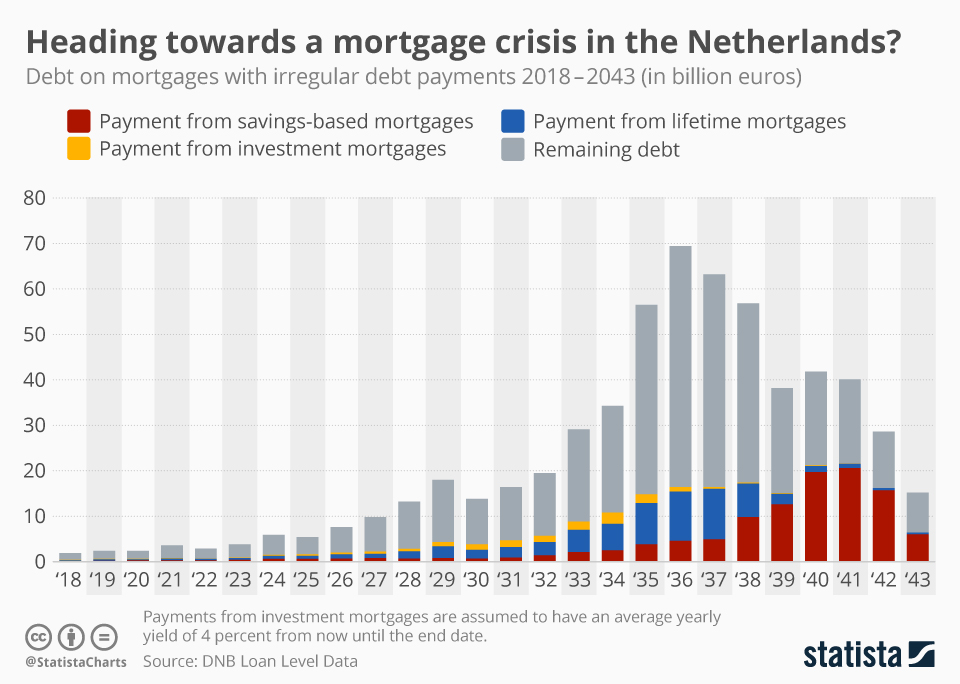Dutch Political Crisis
July 22, 2023 | Expert Insights

The Netherlands, the land reclaimed from the seas, is seldom in the news for anything that raises eyebrows. However, its recent and ongoing political crisis has catapulted it into the global media glare.
The Dutch government, led by Prime Minister Mark Rutte (in the chair since 2010 and called “Teflon Mark” by his detractors) collapsed on July 7, 2023, after the four parties in the ruling coalition failed to reach an agreement on migration policy.
It was a complex coalition, to begin with, comprising of Mr Rutte’s conservative centre-right VVD, the progressive D66, the centre-right CDA and the conservative Christen Union (CU) that was finally cobbled together in December 2001, a record 271 days after the elections were over.
Mr Rutte had been hoping to reach a compromise with the CU and D66, but the talks broke down on Friday, signalling the end of the road for the coalition.
Background
Like other impacted European nations, in the Netherlands, too, migration has been a major irritant in Dutch politics. The Christian Union (CU) and the D66 party have all along been opposed to Rutte's proposal to restrict the scope for immigrant families to reunite. The CU, in particular, has strong religious objections to the proposal, which it sees as discriminatory.
The government's proposal to create a two-tier asylum system and cap the number of family reunification visas was seen as too harsh by some parties in the coalition. These parties argued that the proposal would violate the rights of refugees and damage the Netherlands' reputation as a welcoming country.
The collapse of the government was also a result of the specific circumstances of the coalition agreement, which by itself was a very complex piece of document with several provisions on the issue of migration. These provisions were not always clear, leading to disagreements between the parties.
In the end, the disagreements over migration proved too great to overcome. It is also a blow to the Netherlands, seen as a model of stability in a turbulent Europe. It also puts a question mark on the future of the migration policy in the Netherlands and Europe. The country has been a major destination for asylum seekers in recent years, and the issue of migration has become increasingly politicised.
The new government will have to decide how to balance the need to control immigration with the country's reputation as a welcoming country.
A caretaker government will now lead the Dutch government until the new elections are held in mid-November. The upcoming elections will likely be closely fought, and it is too early to say who will win. However, the collapse of the Dutch government has opened the door to a victory for the far-right PVV, and the Netherlands may have a more right-wing government in the future.

Analysis
The caretaker government that Rutte will lead until the new elections are held will be limited in its ability to make decisions, and this could lead to delays in addressing some of the country's pressing problems.
In these troubled times, Dutch economy could be impacted. The Netherlands is a trading nation, and the uncertainty caused could discourage investment and lead to a slowdown in economic growth.
The political collapse has also raised questions about the future of Dutch politics. The far-right Freedom Party, led by Geert Wilders, is likely to benefit from the collapse of the government, as it is the only party that has consistently taken a hard line on migration.
The collapse of the government could also lead to a realignment of the Dutch political landscape. The Christian Union and D66 may find it difficult to work together in the future, and this could lead to the formation of new coalitions.
Today the Netherlands is in a state of political uncertainty. It is unclear who will form the next government, as the political landscape in the Netherlands is fragmented.
There are serious concerns about the future of migration policy in the Netherlands. The country has been a major destination for asylum seekers in recent years, and the issue of migration has become increasingly politicised. The collapse of the Dutch government is a reminder of the challenges facing European countries as they try to manage the influx of migrants from Africa and the Middle East. The issue will likely continue to be a major source of political tension in the future.
The Netherlands' dilemma represents Europe's fixation with the potency of immigration issues becoming the arbiter of the European political spectrum. The greater concern is that far-right parties are capitalising on it all over Europe to make significant gains in mainstream politics. These far-right parties have successfully taken over the narrative on migration, feeding on the growing scare amongst the citizenry of an influx of migrants swamping their society and culture.
Assessment
- The collapse of the Dutch government is a reminder that even the most stable democracies are not immune to political instability. It is also a reminder of the importance of finding a consensus on migration policy, as this issue will continue to divide societies in the coming years.
- The new government will have to decide how to balance the need to control immigration with the country's reputation as a welcoming country. It will also have to deal with the rise of far-right parties, which have been capitalising on public concerns about immigration.
- The Netherlands can provide a test bed for the rest of Europe to arrive at some sort of political consensus for dealing with a migration crisis that will only increase with climate change.








Comments